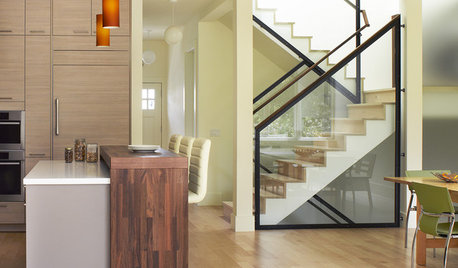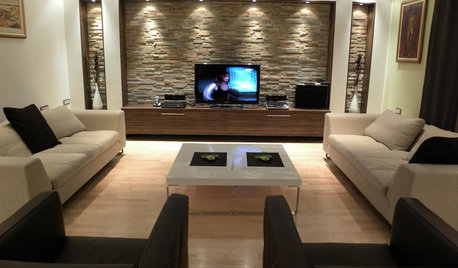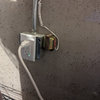basement baseboard heat question
andrelaplume2
11 years ago
Related Stories

FLOORSWhat to Ask When Considering Heated Floors
These questions can help you decide if radiant floor heating is right for you — and what your options are
Full Story
FLOORSIs Radiant Heating or Cooling Right for You?
Questions to ask before you go for one of these temperature systems in your floors or walls (yes, walls)
Full Story
REMODELING GUIDESConsidering a Fixer-Upper? 15 Questions to Ask First
Learn about the hidden costs and treasures of older homes to avoid budget surprises and accidentally tossing valuable features
Full Story
KITCHEN DESIGN9 Questions to Ask When Planning a Kitchen Pantry
Avoid blunders and get the storage space and layout you need by asking these questions before you begin
Full Story
GREAT HOME PROJECTSHow to Add a Radiant Heat System
Enjoy comfy, consistent temperatures and maybe even energy savings with hydronic heating and cooling
Full Story
MORE ROOMSBeat the Heat: Escape to the Basement
When It's Too Hot or Rainy, Bring the Party Downstairs
Full Story
GREEN BUILDINGConsidering Concrete Floors? 3 Green-Minded Questions to Ask
Learn what’s in your concrete and about sustainability to make a healthy choice for your home and the earth
Full Story
LIGHTING5 Questions to Ask for the Best Room Lighting
Get your overhead, task and accent lighting right for decorative beauty, less eyestrain and a focus exactly where you want
Full Story
MOVINGHiring a Home Inspector? Ask These 10 Questions
How to make sure the pro who performs your home inspection is properly qualified and insured, so you can protect your big investment
Full Story
FEEL-GOOD HOMEThe Question That Can Make You Love Your Home More
Change your relationship with your house for the better by focusing on the answer to something designers often ask
Full Story






Ron Natalie
bus_driver
Related Professionals
Fargo General Contractors · Gainesville General Contractors · Modesto General Contractors · North New Hyde Park General Contractors · Oneida General Contractors · River Forest General Contractors · Valley Stream General Contractors · Saratoga Springs Solar Energy Systems · El Monte Home Automation & Home Media · Farmington Home Automation & Home Media · Fort Lauderdale Home Automation & Home Media · Goulds Home Automation & Home Media · Mount Lebanon Home Automation & Home Media · Orlando Home Automation & Home Media · East Cleveland Home Automation & Home Mediaandrelaplume2Original Author
bus_driver
andrelaplume2Original Author
Ron Natalie